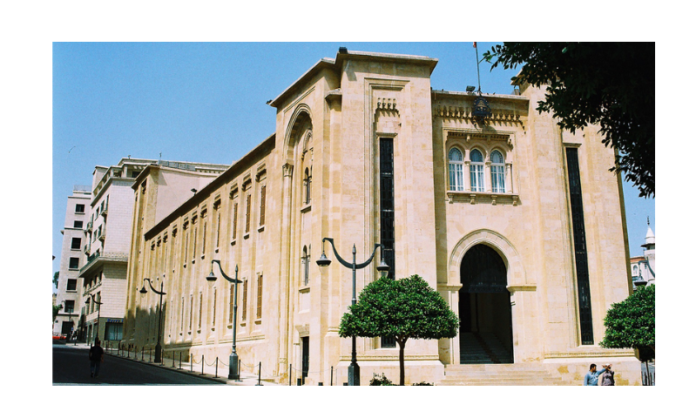GIS, July 17, 2023
“Hezbollah pays its fighters twice as much as the LAF; it is the incubator of a Shia counter-society, developing its own administration, banks, shops, medical units and military forces.”
Lebanon has been looking for a successor to President Michel Aoun since his term expired in 2022. No fewer than 12 parliamentary sessions have been organized to find a new leader, but to no avail. The executive branch is at a standstill. Electoral calendars are no longer respected – not even for local elections, which are postponed year after year.
Decrees from the presidency, the highest authority in the country, have been rejected by caretaker Prime Minister Najib Mikati simply because he “did not like them.” Ministers have boycotted prime ministerial meetings. In parliament, the number of blank votes increased, even within the supposedly united pro-Hezbollah bloc. Lebanese diplomacy performs a balancing act at international meetings. When Mr. Mikati attended the Arab League summit in May, he presented himself as the “outgoing” president of the Lebanese Council of Ministers and asked for a financial gesture to help support the 1.5 million Syrian refugees living in his country. He received nothing.
The Lebanese political system in crisis
The lack of political confidence in Lebanon is not only due to its economic collapse. The stalemate goes beyond age-old sectarian disputes and mismanagement. At the heart of the matter is the country’s institutional future. Can Lebanon salvage its multireligious political system? And should it insist on saving a dysfunctional system?
Each successive government has conducted public affairs according to its own interpretation of the constitution and previous peace agreements. When President Michel Aoun was in office, for example, he constantly discredited the 1989 Taif Agreement, which counterbalanced the power of the Maronite president in favor of a Council of Ministers headed by a Sunni Muslim.
When Mr. Aoun left office, the debate immediately turned to the prerogatives granted to the new caretaker government to avoid an institutional vacuum. Interpretations differ as to the cabinet’s role.
Amid this uncertainty, a technical debate on municipal autonomy has taken on an existential dimension. In 1958, Lebanon had 400 municipalities. Today there are over a thousand, 10 times more than in Jordan. While some support further decentralization as an impetus for participatory democracy, others fear it could lead to the country’s balkanization.
Then there is the crisis of the elites. The historical Lebanese leaders who presided over the 1975 civil war are struggling to mobilize an impoverished and demoralized population. The heroes of yesterday have grown old. Mr. Aoun, the former president, is 89. Walid Jumblatt, the Druze leader, and Saad Hariri, the Christian former prime minister, have retired from political life. The West is concerned about the lack of new political leadership capable of pulling the country out of chaos. France recently sent Foreign Minister Catherine Colonna to Beirut to inquire about the power vacuum. The United States is growing impatient, calling for the election of a “non-corrupt” president. … [To read the full article, click here]






